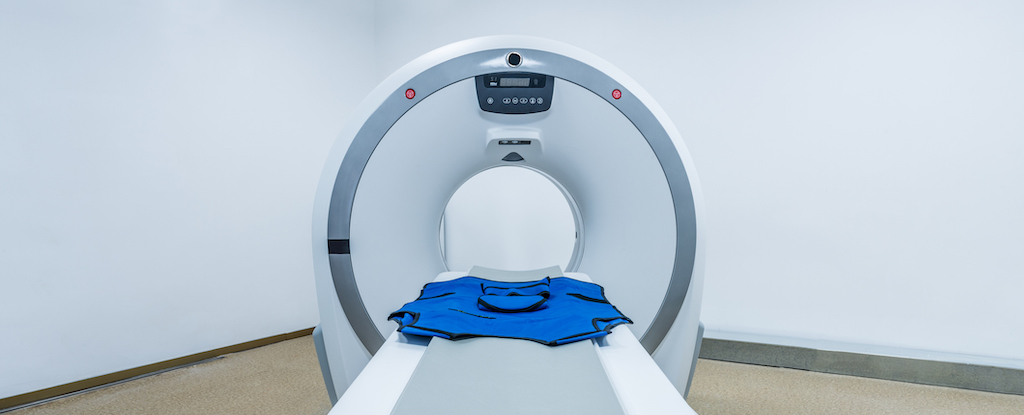- In the summer of 2025, a meme circulated supposedly listing side effects of masturbation, including low libido, back pain, a depleted immune system, low testosterone, penis shrinkage, brain damage, vaginal dryness and others.
- However, research showed that masturbation actually contributes to a healthy sex life, lowering stress and promoting intimacy. It is linked to a higher count of certain antibodies, a lower risk of prostate cancer and pain relief. It can also help prevent vaginal dryness. Some of these findings directly contradicted some of the items on the list.
- There can be some undesirable side effects to masturbation, but only if it is too forceful, unhygienic or compulsive. We have outlined expert recommendations for dealing with these.
In the summer of 2025, a meme circulated online in which it was claimed that frequent masturbation had several concerning side effects, including low libido, back pain, a depleted immune system, low testosterone, penis shrinkage, brain damage, vaginal dryness and others.
For example, in late August, one X user shared the image featuring the list of side effects next to an animation of a boy wearing a baseball shirt with his hands in his pockets (archived).

(X user @hood_grimes)
The post had amassed more than 9.7 million views and 13,000 likes as of this writing. Text in the meme, which also appeared elsewhere on X, read:
SIDE EFFECTS OF FREQUENT MASTURBATION
1. Leads to low libido
2. Cause back pain
3. Reduces Testosterones
4. Pen*s shrinkage
4. [sic] Deteriorates immune system.
5. May lead to prostate damage.
6. May cause kidney damage.
7. May cause brain damage.
8. Poor blood circulation
9. May cause acne in some people.
10. Causes dryness in women.
11. If you’re not following me we might not see each other again.
However, as outlined below, the meme peddled old myths rooted in religion and outdated ideas about sexuality. Established research showed that masturbation is an important and healthy part of sexual development and a sexual life and, done safely, it promotes many mental and physical health benefits. In fact, humans are not the only animals that masturbate. It is also widespread among
Masturbation does not have a reproductive goal, which may be why it is met with stigma, guilt and shame in cultures and religions that have determined that sexual activity is only for reproduction.
For individuals of both sexes, one study posited that masturbation may have been an evolutionary strategy in male primates to avoid
Subjects report that while masturbatory orgasms are felt to be more physically intense, they are less psychologically satisfying than less intensive coital ones. [Researchers] suggested that this conflict might be due to subject’s bias in thinking that coital orgasms sound more socially desirable and acceptable than those obtained during masturbation when asked to distinguish between the two.
In males, masturbation appeared to have physically protective effects. A 2004 study of 29,342 men showed that “high ejaculation frequency was related to decreased risk of total prostate cancer” (by “frequent,” the authors meant 21 ejaculations or more in a month). Further, another
In females, a 1995 study concluded that genital stimulation helped relieve pain, confirming 1966 research that it helped relieve dysmenorrhea — period pain.
Still, some medical publications warned that masturbation can have negative effects. For example, doing it forcefully can result in chafing, swelling and, if the skin breaks, infection. For females, masturbating with unclean hands or objects may result in urinary tract infections or bacterial vaginosis (however, this is also true of unclean penises).
Overall, however, masturbation is an important component of a healthy sex life.

